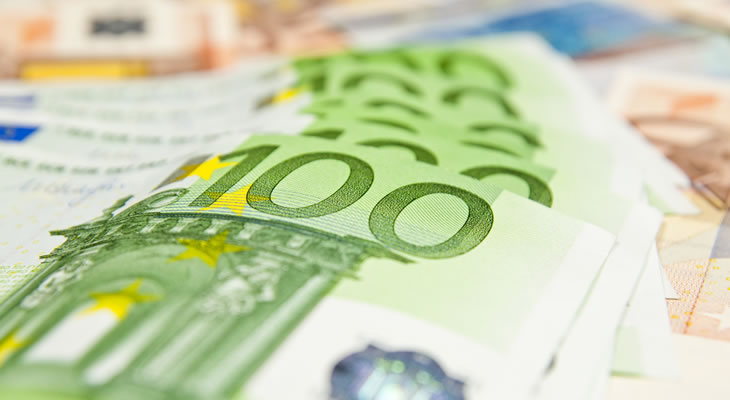Demand for the Pound picked up at the start of the week, in spite of the disappointing nature of Friday’s raft of trade and production data.
February’s unexpectedly widened trade deficit raised concerns over the economy’s vulnerability in the event of the UK leaving the EU without a new trade agreement in place.
However, with Brexit negotiations still yet to get underway it was not long before the mood of investors picked up once again.
While Sterling recovered some of its recent losses during Monday’s European session, though, further volatility is in store on the back of the latest consumer price index report.
Any continued strengthening in inflationary pressure could raise the odds of the Bank of England (BoE) returning to a hawkish bias sooner rather than later.
Even so, as James Warren, research fellow at NIESR, noted:
‘Consumption is expected to moderate further this year as increasing inflation erodes households’ purchasing power. We expect the Bank of England to look through this temporary shock to inflation and for monetary policy to remain accommodative.’
Forecasts also point towards inflation having slowed on the month to moderate from 0.7% to 0.3%, which could prompt the Pound Euro exchange rate to return to a downtrend.
Expectations continue to point towards the European Central Bank (ECB) maintaining its current neutral-to-dovish outlook for the foreseeable future, meanwhile.
Although ECB executive board member Yves Mersch took a slightly more hawkish view in comments on Monday morning, noting that loose monetary policy ‘cannot go on forever’, this was not enough to boost the appeal of the Euro.
A stronger-than-expected uptick in the Sentix investor confidence index for April was also unable to shore up the single currency.
Political jitters have continued to limit demand for the Euro, with the first round of voting in the French presidential election drawing closer.
While the odds of National Front leader Marine Le Pen emerging victorious have fallen the threat of a fresh populist upset remains, maintaining an underlying bearish bias for EUR exchange rates.
Nevertheless, a strong showing from the latest ZEW economic sentiment surveys could put renewed pressure on the GBP EUR exchange rate.
Signs of improving confidence within the German economy and the Eurozone as a whole may give policymakers some cause to reconsider their current policy outlook.
Developments in Greece may equally benefit the single currency, with the imminent return of inspectors to Athens raising hopes that a conclusion to the long-running bailout review could come in the near future.
On the other hand, any signs of a fresh delay in the disbursement of the next tranche of bailout funds could see the Euro trending sharply lower across the board.


Comments are closed.